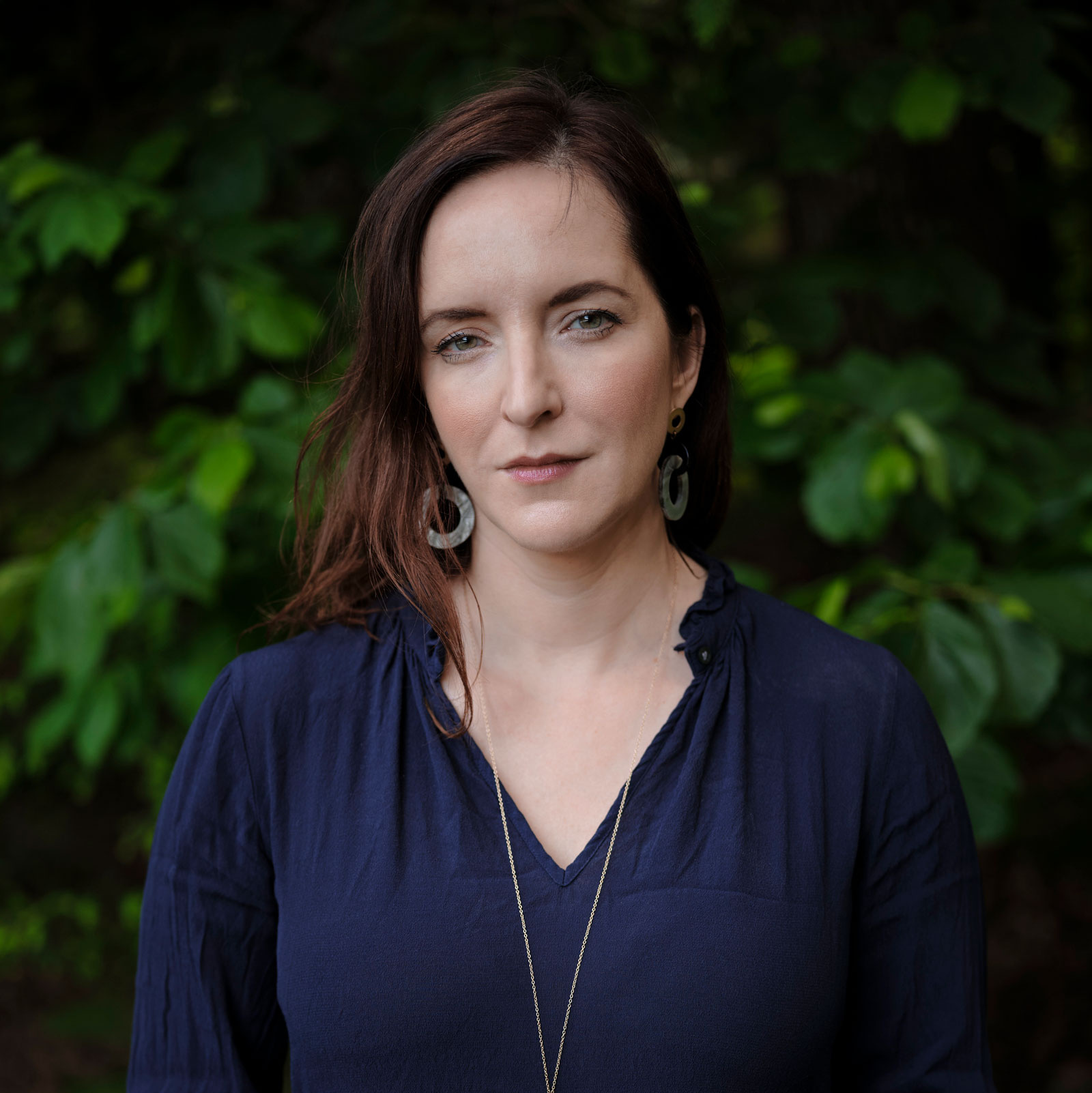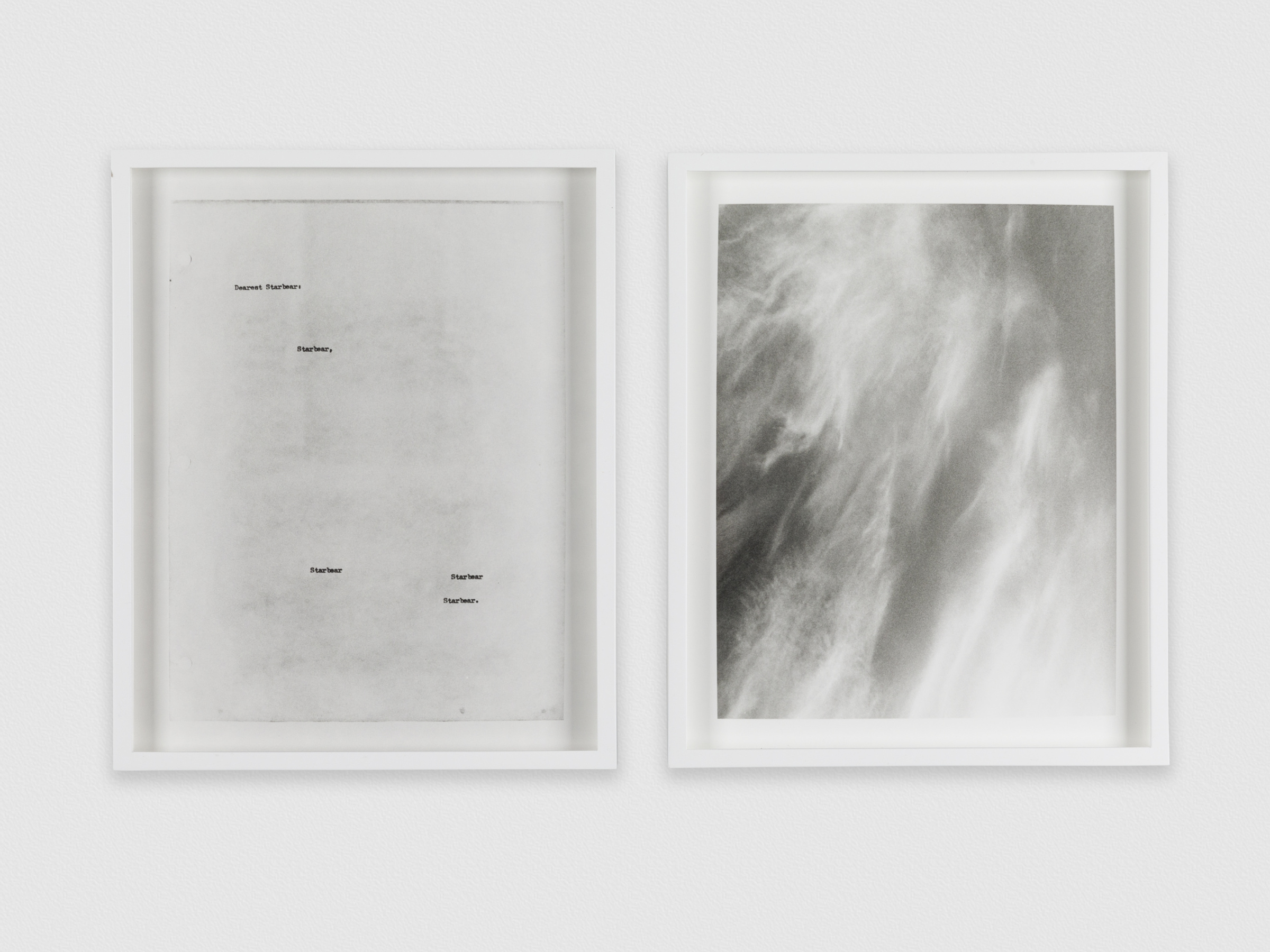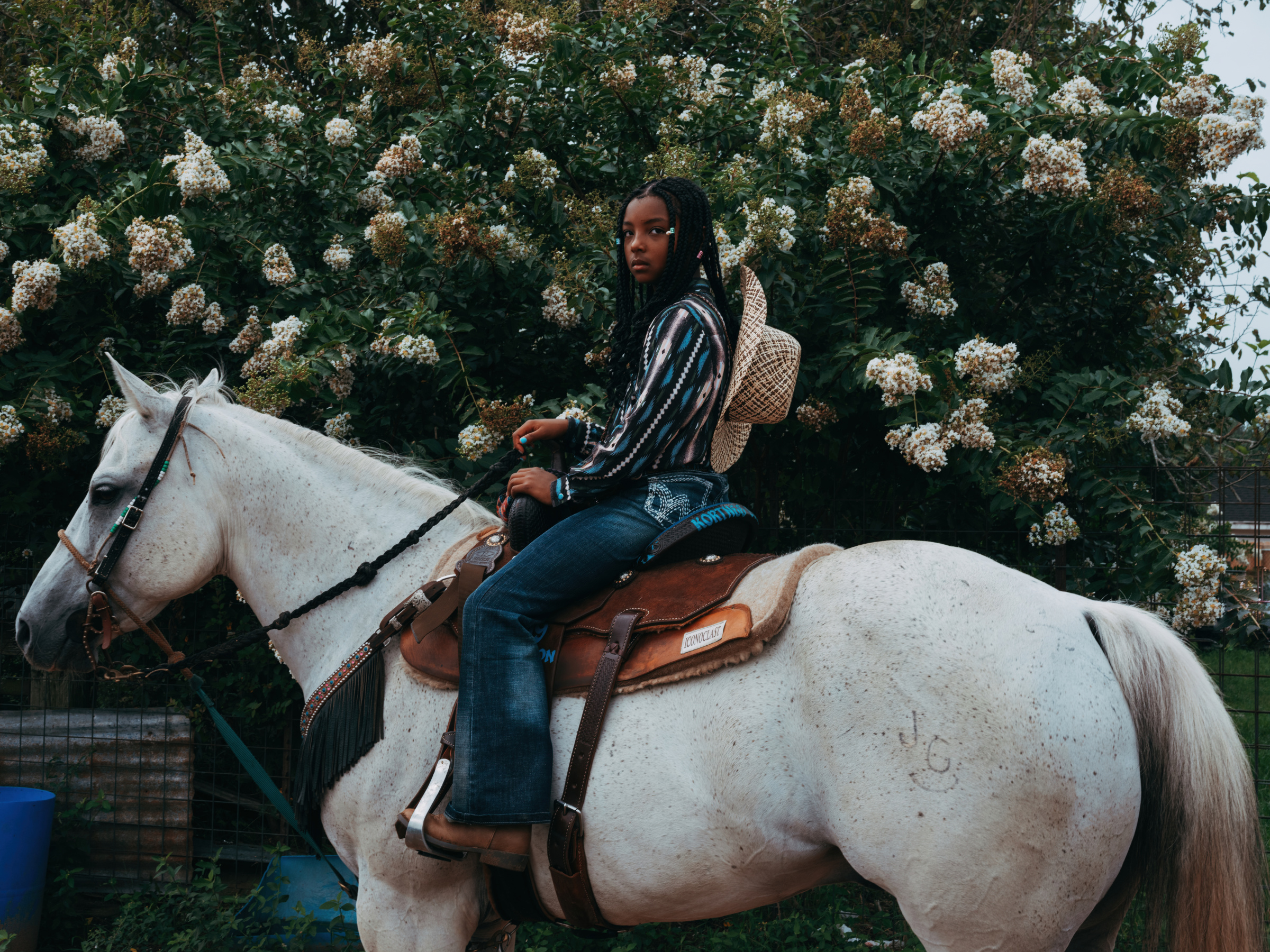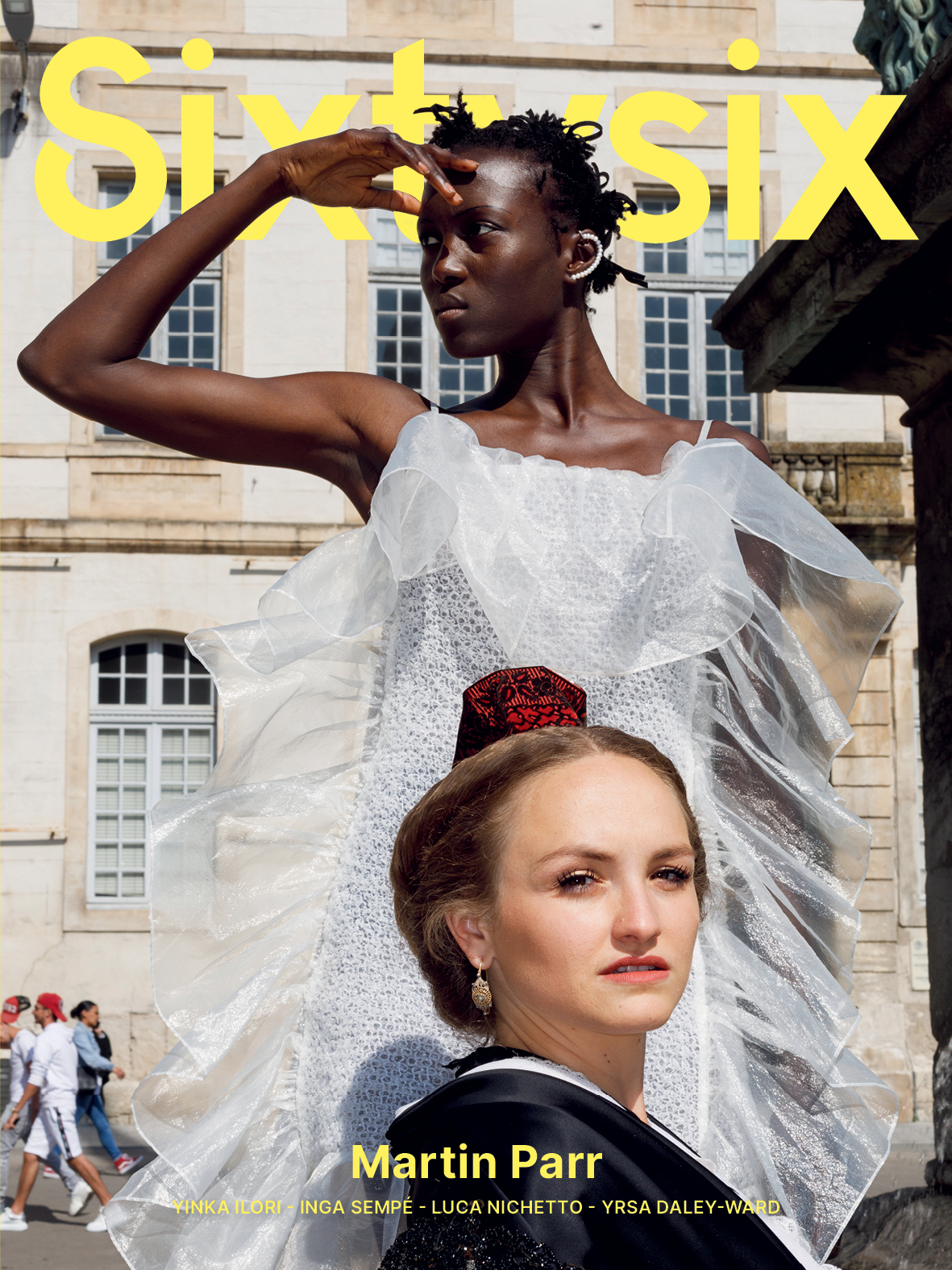Rebecca Makkai is trying to pack one small bag for an 18-day trip.
“I love doing this stuff, but there’s stress, of course. I’m determined to only ever pack a carry-on, but then it’s like, ’Have I got stuff in here for 18 days?’ she laughs.
The author’s latest book, I Have Some Questions for You, was released earlier this year. The novel explores a decades-old murder through the eyes of a 40-year-old journalist-slash-podcaster who returns to her former boarding school to question ideas of truth, justice, and home.
When we spoke she had just returned from the first leg of a busy book tour, flying home to Chicago from Boston before taking off again for more than two weeks. We talked to Rebecca—also known for beloved works like The Great Believers, a finalist for the Pulitzer Prize—to explore her writing process and what it means to be a writer and reader today.
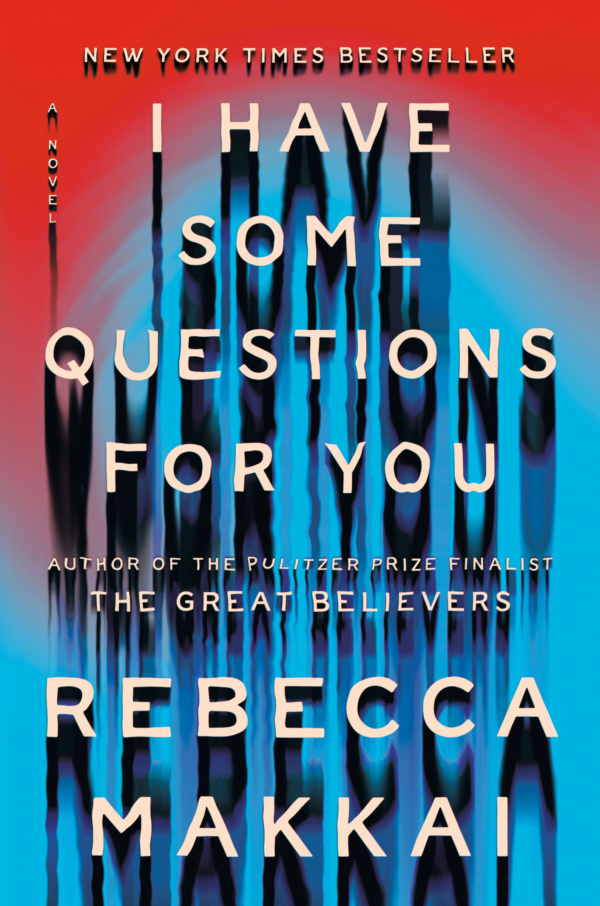
Photo courtesy of Penguin Random House
How do you approach starting a new writing project?
With something as long as this book I’m usually thinking about it for two or three years before I start. There are usually several competing ideas. You end up seeing which one has snowballed the most—which one ends up rolling downhill to the heavier thing. It starts out really spotty. You’re throwing spaghetti at the wall, and you don’t really know what you’re doing.
Usually there’s research of some kind at that point; it depends on the project. Then things start to take more shape. Usually by the time I’m about a third of the way in I stop and outline and really think critically about what I’m doing. Until then it’s just trying to see what I can get out. You can’t really make too many plans until you know the project more intimately.
Are you pretty regimented about your writing routine?
Absolutely not. I hardly know any writers who are. I think there’s this interesting myth. I think people who have some rigid routine are very loud about it, and so people get this impression that that’s how people work. Maybe out of hundreds and hundreds of writers I know three or four who do that—have a schedule and sit there with a real master plan every day. It’s just not the way most of us work.
Where do you like to write then?
Airplanes, hotel rooms, Starbucks, other coffee shops, the library. I get a lot of things done if I do an artist residency. Just last week I started at Ragdale, which is right here near Chicago. There you have two or three weeks to just work and do nothing else. I get a lot of things done that way. If not I’ll check myself into a hotel for a couple of nights. I also have an office—it’s just that there’s nothing magical about it.
How do you prefer to write? I’ve talked with writers who do everything in pen before ever opening a laptop, for instance.
I might make notes by hand, and I’ll outline a bit by hand. Sometimes I’ll draw out plot arcs or things that I really couldn’t do on a computer. I use notebooks if I’m interviewing people. For research, I’ll certainly be working in a notebook.
There are times, especially early on when you’re just jotting down ideas and questions to yourself, when it’s lovely to have a notebook in a coffee shop. But at the point when you need to get thousands of words written and move paragraphs around, that’s computer work.
Do you have a favorite notebook?
No, I’m so sorry. I feel like I’m not giving you what you want. [laughs]
No, it’s OK. You don’t have to be that kind of writer.
It’s really funny. There’s this pressure on writers to romanticize what they do. People really love that kind of answer. I know people who absolutely make things up to tell people. I mean, I have a crazy little notebook shoved in my backpack right now. It’s got all kinds of stuff in it. I have one I kind of like—it has the dots instead of lines and there’s a little strap around it.
That’s interesting, thinking about how we romanticize writing.
Yeah, it’s funny. I was taking a yoga class once and there was this older woman in the class who found out what I did. We were talking afterward, and she said, “Oh, so do you have a cabin?” I was really confused. I was not following what she was saying. I was like, “No, why?” She was like, “Well, do you go to the woods or a mountain? Where do you write?” I said Starbucks, and she was pretty devastated. She was like there goes my romantic notion.
I know so many people who absolutely make things up for interviews, or they take the one little thing they did one time and they’re like, “Yes, I put a bowl of water on my desk, and I meditate,” and I’m like, “No, you don’t!” [laughs]
Well, you should get a cabin, though. You deserve a cabin.
Sure, sure. Actually, I do live in Vermont in the summer, and that is much more bucolic. We have a little house on the lake there, and I do have a separate little room off to the side. It’s not quite set up optimally. We just built it. But I can work there, and I can look at the water. That is beautiful, but that’s only a few weeks out of the summer.
Totally. So back to the new book. Was there a particular point of inspiration for I Have Some Questions for You?
I do live on campus at the boarding school where my husband teaches. I always knew that at some point I was going to write something about that as a setting. I’m really interested in the way that it’s a very permanent place. It’s a very old place, but it’s a very transitory space, too. People pass through for four years at this much more vulnerable and formative age than if we were looking at college, right? It’s a tinderbox kind of set up.
I did not want to set it in the Midwest because that was too close to where I actually live. I had a lot of fun setting it in New England.
And then there are a million other origin points. I wanted to write from an adult’s point of view, so I wanted someone looking back on the past, trying to answer questions about what actually happened. I’m trying to figure out how accurate their memory was, and a real, actual mystery seemed like one of the best entry points for that.
What was your biggest challenge? How did that compare to writing The Great Believers?
They all have their own challenges. Everything you write has sort of a big cosmic impossibility at the heart of it. “You’re going, ‘I can’t possibly write this because everyone will think this,’ or “This structure doesn’t make any sense.” My solution almost always is to lean into whatever that problem is. Instead of trying to solve it, instead of trying to avoid it, you write about it.
In this case the real impossibility at the heart of I Have Some Questions for You was the question of memory. I didn’t want to actually take people back there. I didn’t want that film technique of “Poof, we’re there. Here’s what actually happened.” I also didn’t want to work with the falsehood you see so commonly in fiction that people’s memories are chronological and very precise and infallible. You’ll have someone looking at a window and then they remember this thing that happened 20 years earlier. That’s not the way memory works, so I didn’t want to do that. So then how do you handle that? How do you handle a story where you don’t want to jump back in time, but you also don’t want to pretend memory is this magic camera.
Rather than trying to pretend people’s memories are perfect I decided that thematically this was going to be about the fallibility of memory. I decided we were going to be stuck in the present with this character.
It’s very beautiful and very real. That makes me think—who have you read recently who has moved you?
I’m doing this really fun project right now. My father passed away in early 2020. He lived in Hungary where he was from, and we were not able to have a memorial for him. He was a linguist and a poet and a literary translator. I decided I’m going to read my way around the world in translation. He lived to be 84, so I’m reading 84 books and circling the globe, kind of Amazing Race style. I started in Hungary because he was Hungarian, and I’m going to end there, too. I just finished my seventh book, which was a novel from Turkey. I’m going to make my way through the Arabian Peninsula and down the east coast of Africa.
I’m doing it very publicly. I’m posting about it on social media and I’m writing about it in my Substack, so I have a lot of people reading with me. The book I recently finished is a novel called Madonna in a Fur Coat, from the mid-1940s. It’s by Sabahattin Ali, from Turkey. It was absolutely overlooked in its day and suddenly became an enormous bestseller in Turkey a few years ago—I think for many reasons. One of them is that it’s about this young man who leaves Turkey and goes to Germany and falls in love. It’s a hetero love story, but it really defies gender norms. I think that in Turkey right now, because they have a very regressive kind of president, there’s this appeal to reading this kind of story. There’s also this mystery about the author, who was murdered by the government in the 1940s. So it’s been this big bestseller in Turkey and then was recently re-translated into English. It’s very popular over there and definitely not as well-known over here, but I’ve been proselytizing about it because it’s a beautiful, profound love story.
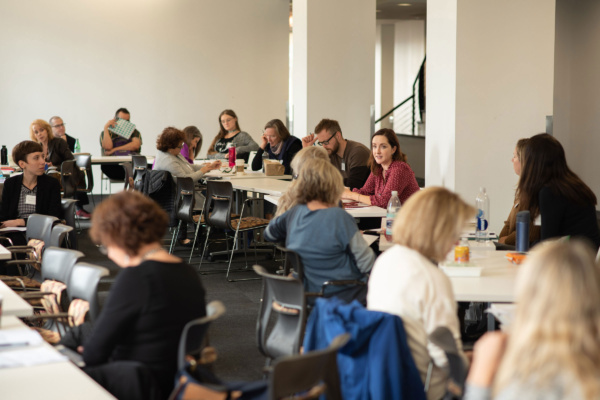
Author Rebecca Makkai teaches a year-long novel-writing class as part of StoryStudio. Photo by Anne Ryan
I also wanted to ask you about StoryStudio. Are you still involved with that?
Absolutely, yes. I’m artistic director there. We’re turning 20 this year. I was not involved in the beginning. I was a new college grad then so that wouldn’t have worked.
StoryStudio is a nonprofit writing center physically based in Chicago, but since the pandemic we’ve had a lot of virtual offerings also. Basically, anyone who wants to write anything can come in and take classes—everyone from middle school to adults, from very beginner to super advanced in every genre in every length of class, from a single session to year-long. I teach a year-long novel course there. My students are getting published, and it’s really wonderful.
We do a lot of community partnerships also. We work, for instance, with the Illinois Prison Project and Streetwise. We do some public events as well.
What keeps you doing this when you have so much else going on?
I love my students. I really love teaching. Before my first book came out I was teaching Montessori elementary school. I was always writing and hoping to make it as a writer, but teaching is the other thing I chose to do with my life.
It’s been amazing in my time at StoryStudio to see the ways we’ve been able to grow the organization. It started out as a for-profit way back. It started, of course, very small, and then in the past five or six years we’ve really exploded in the number of people we are able to reach. Zoom really opened that up to an international audience.
It’s very fun to be part of something that’s growing and where you can see real progress in a really tangible way. As an artistic director, it’s not a day in day out. This is not me sitting at a desk doing stuff every day. We have a wonderful staff. I’m really able to be the big ideas person. We have an amazing staff who can make those things happen.
How many students are in that class?
It’s usually 12. I took a couple more this year because I had such amazing candidates. I couldn’t turn any more down.
It’s a year-long course. One of my students just publicly announced her book deal today. She studied with me a couple of years ago, and she just sold her book in this major, fabulous book deal to Flatiron. I’m just glowing for her.
How do you spend your time when you’re not teaching or on a book tour?
If I’m not writing, sadly it’s answering emails all day. I wish I had a better answer than that, but there’s just so much to the business of being a writer. I bought Wi-Fi on the plane—it was a three-hour flight or whatever—and it was just all email, and I didn’t even make a dent in yesterday’s email. I feel like email is my full-time job, and everything else is squeezed in around the edges.
But yes, I am a very social person—I’m always throwing a party or doing something like that. And I try to get outdoors as much as I can. And I teach in three other graduate programs as well. So it’s a lot of teaching.
Any quick advice you can share for new or young writers today before we go?
Seriously study what you’re trying to do. Seriously following the craft is important. It doesn’t mean you need to go get a graduate degree. There are many different ways to do that, but if you intend to be taken seriously, you need to take it seriously.
